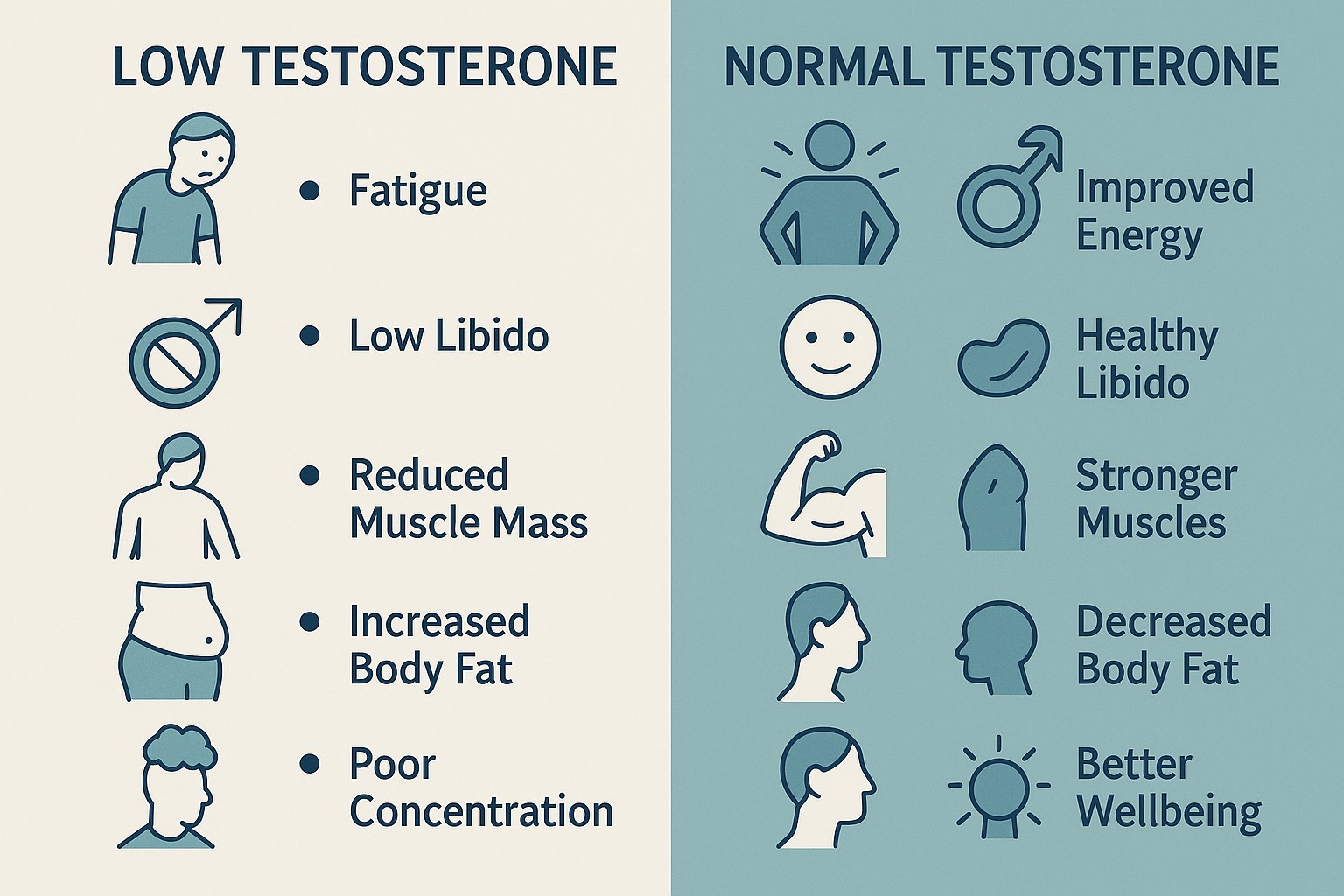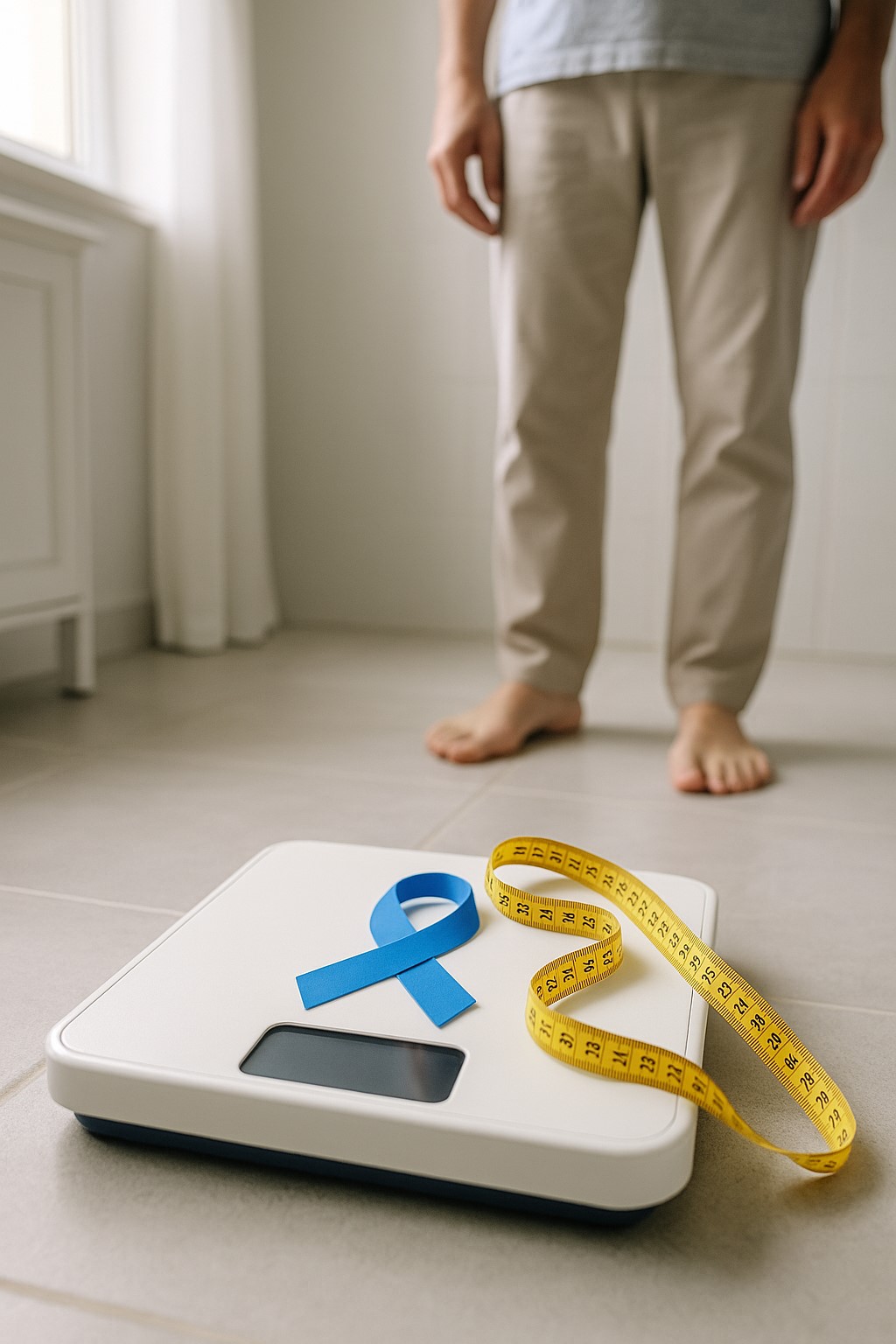What Exactly Is the Mediterranean Diet
How Does the Mediterranean Diet Differ from My Current Diet?
The MD, inspired by the eating habits of those living around the Mediterranean Sea, prioritises:
- A rich intake of fruits, vegetables, whole grains, and nuts
- Olive oil as the primary source of fat
- A preference for fish and poultry over red and processed meats
- A minimal use of dairy products
It aims to balance macronutrients, focusing on reducing saturated fat intake, with about 40–50% of energy from carbohydrates, 15–20% from proteins, and 30–40% from fats.
Why Should I Consider Changing My Diet?
What Health Benefits Can I Expect by Switching to the Mediterranean Diet?
Adopting the MD from a typical Western diet, rich in processed foods and red meat, offers extensive health benefits, including improved cardiovascular health, weight management, and a lower risk of diabetes. For urologic health, the MD may specifically aid in:
Improving Sexual Function: Research suggests the MD could help enhance sexual health by improving circulation and reducing inflammation, potentially mitigating ED risks.
Alleviating Urinary Symptoms: The anti-inflammatory effects of the MD may relieve symptoms associated with emptying the bladder and enlarged prostate.
Reducing Urinary Incontinence and Overactive Bladder Issues: Through weight management, the MD may lead to better bladder control and fewer UI episodes.
Preventing Stone Disease: The diet's high fruit and vegetable content can help adjust urinary pH levels, diminishing the risk of stone formation.
Lowering Urologic Cancer Risks: Preliminary findings indicate that the antioxidant and anti-inflammatory foods in the MD might reduce the risk of certain urologic cancers.
Can Diet Really Influence My Sexual Health?
How Can the Mediterranean Diet Benefit My Sexual Function?
The MD has been shown to positively impact both male and female sexual dysfunction. For men, it can decrease the risk of ED, while for women, it has been associated with improvements in sexual desire, arousal, and satisfaction.
What About Common Urinary Problems?
Can the Mediterranean Diet Help with LUTS, BPH, or Urinary Incontinence?
Emerging evidence suggests that the MD may benefit individuals suffering from LUTS, BPH, or UI, mainly through its anti-inflammatory properties and weight management support.
Is There a Diet to Prevent Stone Disease or Urologic Cancers?
How Does the Mediterranean Diet Affect the Risk of Stone Disease and Urologic Cancers?
Dietary factors play a significant role in stone disease, with the MD potentially lowering the risk by emphasising alkalizing fruits and vegetables. While evidence on its impact on urologic cancers is mixed, some studies suggest that the MD's rich nutrient profile may offer protective effects.
Moving Forward: What Should I Do?
What Are the Next Steps in Adopting the Mediterranean Diet for Urologic Health?
While the current research is promising, more studies are needed to fully understand the MD's impact on specific urologic conditions like premature ejaculation, libido issues, and certain cancers. Nevertheless, integrating the MD's principles into dietary recommendations for patients with urologic conditions is advisable, emphasizing the importance of a multidisciplinary approach involving healthcare providers, dieticians, and patients.
The MD presents a holistic approach to improving general health and addressing various urologic issues. By incorporating the MD into their lifestyle, individuals may experience various benefits that support bodily functions and potentially reduce the severity of urologic conditions.


